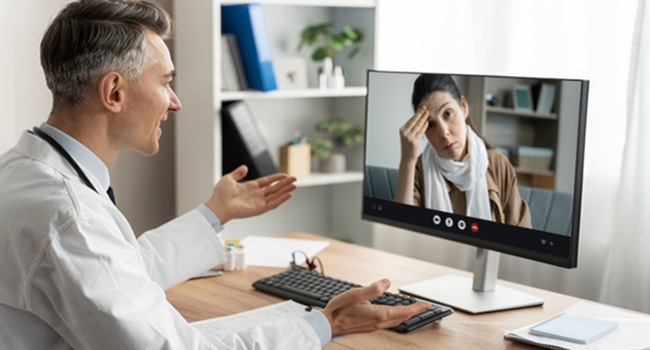
Multiple sclerosis (MS) is a long-term illness that affects the nervous system and can make it harder for people to stay healthy. During the COVID-19 pandemic, it has been challenging for patients to receive face-to-face education and support. However, an approach called telenursing has emerged as a helpful way to provide remote healthcare services. In this article, we will explore how telenursing can improve health-promoting behaviors (HPBs) in people with MS.
Clinical Trial
A group of researchers conducted a clinical trial to understand the effects of telenursing on people with MS. They randomly selected 68 patients from the Jahrom MS Society and divided them into two groups: the intervention group (34 people) and the control group (34 people). The intervention group received self-care educational sessions three days a week for six weeks, while the control group did not receive any special sessions. The researchers collected data about the participants' background information and asked them to complete a questionnaire about their health-promoting habits before and after the intervention. They then analyzed the data using special statistical tests.
Findings
The researchers found some interesting results when they analyzed the data. After the intervention, the intervention group showed significant improvements in their health-promoting behaviors (HPBs) compared to the control group. Their overall score for HPBs was higher, which means they were doing a better job of taking care of their health. The intervention group also showed improvements in specific areas like eating healthy food, exercising regularly, taking responsibility for their health, and managing stress. These findings suggest that self-care education through telenursing can be effective in helping people with MS improve their health-promoting habits.
